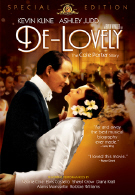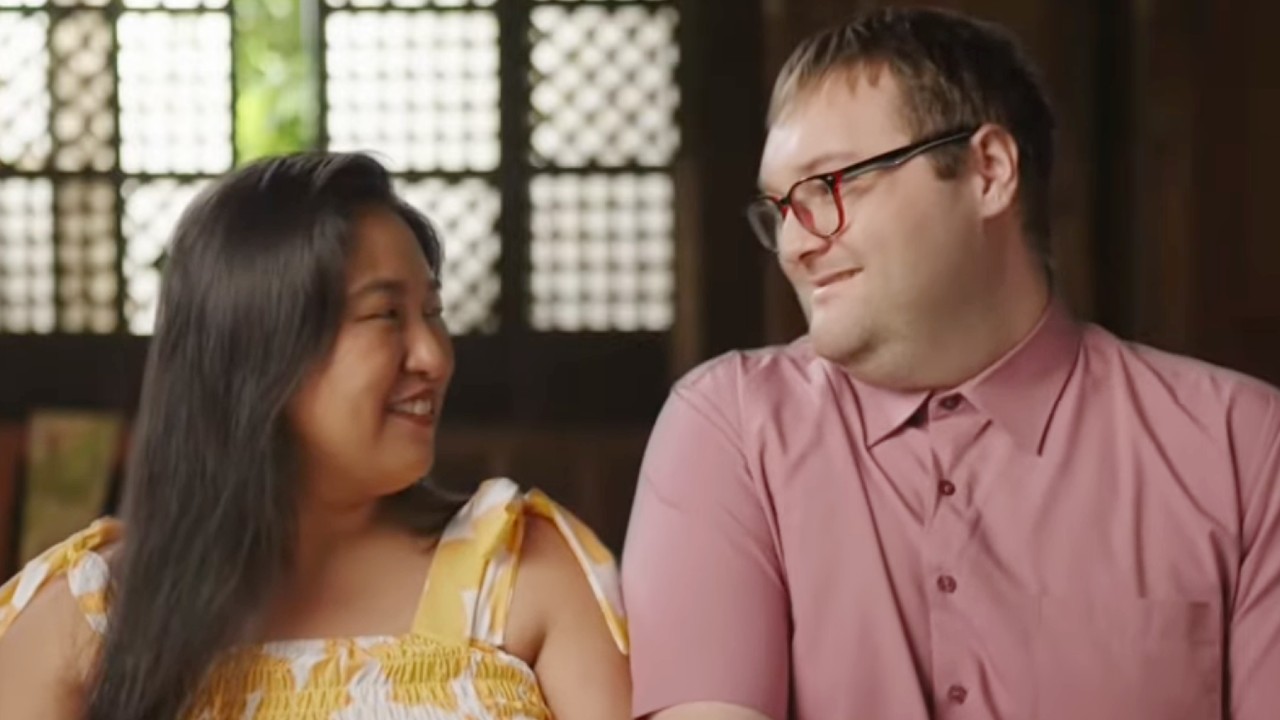A long time ago, in a boring south-shore Long Island town far, far away...I was a high school senior. It was that year the school musical was designated to be Cole Porter’s “Anything Goes”. For four years in a row I was a lead in the school musicals, and in this particular show the main role was that of the scheming, witty, and charming “Billy”. Seemed perfect for me, down to the name, but alas, I was placed in the role of the dim-witted comedic mobster sidekick. Since I was not on stage throughout the course of the rehearsal process and the show, I was able to sit back and listen very closely to the music of Cole Porter - songs like “It’s De-Lovely”, “Blow, Gabriel Blow”, “Let’s Misbehave”, and the title song made famous in our generation courtesy of the opening scene in Indiana Jones and the Temple of Doom, “Anything Goes”. The tunes were intriguing and would easily stick in one’s head. How did this man live, to come up with such great music? Fast forward multiple years later to 2004 with the film and DVD release of De-Lovely, a movie that accounts the life of Porter all the while giving his work a chance to shine one more time in what is, quite easily in my book, the best film of the year! I have not been a fan of this latest Hollywood endeavor to resurrect the musical genre. Moulin Rouge was a baroque MTV coloring book while Chicago took itself way too seriously. Both flicks were annoyingly fabulous with even more annoying lead actors in the main roles. De-Lovely succeeds where both have failed by letting the music tell the story rather than breaking into a big bawdy musical number for the sake of awards pandering. From start to finish, or rather opening number to show stopping finale, Kevin Kline and Ashley Judd are riveting. This movie is not a big budget studio project out for Hollywood attention, it is a low budget independent film with boatloads of depth for the story and characters.
The film begins with elderly Cole Porter (Kevin Kline) as he sits at his piano, lonesome, just waiting to die. He is visited by the archangel Gabriel (Johnathan Pryce) and then Porter’s entire life flashes in front of him, as a lavish dress rehearsal of a stage production with Gabriel acting as the show’s director. Porter recounts his life from his first encounter with his wife Linda (Ashley Judd), through various Broadway opening nights of his shows, up to his tragic horse riding accident which led to his physical and emotional downfall. He recounts it all as an audience member in order for his right of passage to “play all day in the promised land”.
Rather than being a standard musical, bio-pic, or both, De-Lovely really dives into some darker issues in Cole Porter’s life that previous Hollywood incarnations, namely the 1946 Carey Grant led Night and Day, never even mention - most notably elements of miscarriage and homosexuality. Not homosexuality in the Alexander "did he or didn’t he" sense, I mean a full out dude-on-dude lifestyle, which makes one ponder the real inspiration for “Blow Gabriel”. Jokes aside, those juicy little tidbits thrown into the story add so much more to the characters. Most musicals follow the same path where a character loves someone or something and that’s about it. The majority of characters in musicals are about as deep as a puddle, here their depths rival the Pacific Ocean - so many layers, so much more fascinating to gaze upon.
Kline, who continues to be one of the greatest working actors today is perfect as both the young and old Cole. Kline manages to stay low-key and still have that charm and presence about him that Cole had throughout his career. His Cole is infectious to watch, and he does some of his best work ever here in De-Lovely. Co-star Ashley Judd still proves she can be a really great actress, even with brown hair. I say that only because the best roles she's had until now were earlier in her career as a blonde. Heat, A Time to Kill, and Norma Jean & Marilyn showed Judd was a great character actress, but since going brunette she’s either had a gun in her hand or a knife to her throat...and hasn't been that impressive with either. Here, in De-Lovely, Judd is striking as Cole Porter’s wife Linda. It’s a tough role trying to play a muse, but watching Linda and Cole together is almost magic. It’s easy to see why Porter wrote some of the best love songs. The relationship between the two, and the top notch performances from the two leads, make the film’s final moments all the more emotionally impactful.
Director Irwin Winkler (Life as a House) keeps the film from going extremely theatrical by bringing it back to reality. Given the budget, Winkler had to manipulate numerous things and find ways around certain obstacles - obstacles like shooting, which means there are a lot of wide shots and a lot of one-shots. There are numerous shots in the film, all done in one fluid motion that totally make you think “How the hell did they do that?”. Most all of these impressive little shots show either the passage of time or when the film pulls back past the fourth wall to see Gabriel and Porter sitting in the theatre. One shot, where normally a montage would be more suitable, contains one long continuous shot set to the tune of “Love for Sale” showing the many nights of Cole Porter and his gay Hollywood night life, and another where we see old Cole become young Cole. It definitely shows a masterful technique on Winkler’s part in pulling out all the stops for this film.
Another great part of the film is its subtle way of trying to modernize Porter’s classics. The film contains performances by recording stars such as Natalie Cole, Elvis Costello, Alanis Morissette, Sheryl Crow, Robbie Williams, and Diana Krall. The all-star renditions make the songs more modern, but keep the tunes in the period of the film (and when they were written). It just adds more to the movie’s entertainment value.
If musicals about the lives of gay Broadway composers just don’t do it for you, it’s completely understandable. But you are indeed missing out on a brilliant film. From superb performances, great writing, and excellent direction De-Lovely is just as timeless as the music of Cole Porter Touted with the standard DVD label “Special Edition”, this DVD actually has a load of great features on it. A bunch of interesting featurettes, deleted scenes - including an alternate ending, as well as two commentaries fill out this release.
Your Daily Blend of Entertainment News
“The Making of De-Lovely” is your standard behind-the-scenes featurette with all the bells and whistles one would expect. On set interviews with cast and crew talk about how hard it was to pull this production together with a limited budget. It covers the time from pre-production up until actual principle photography.
“The Music of De-Lovely” focuses on the film’s modernization of Cole’s classics with hit recording artists, as well as why certain songs are placed within the context of the story rather than being truly chronologically accurate. For all the real Cole Porter fans, this is the featurette for you.
There are two “Anatomy of a Scene” featurettes where the behind the scenes look goes more in depth into discovering the roots of the two scenes. For the “Be A Clown” sequence, rehearsals and various interviews show how the out of nowhere musical number actually came about. The one for “Love for Sale” shows how that one shot passage of time in gay night clubs actually came about. Both are very interesting to watch.
The deleted scenes are just fat trimmed from the bulk of the film - nothing really interesting here. The alternate ending is surprisingly very dark and unapologetic. Scary to think that’s how it originally was going to end, considering the film’s actual ending had me close to tears.
Director Irwin Winkler appears on both commentaries, one with writer Jay Cocks, and the other with actor Kevin Kline. They are both basically the same commentaries covering all the same bases as to how the film came about and how each person came aboard. But, of course the one with Kline is the most entertaining.
This DVD has all you could ask for. Each featurette is roughly thirty to forty minutes long and keeps you hooked all throughout, despite a dragging commentary, this disc is truly worthy of the title “Special Edition”.

